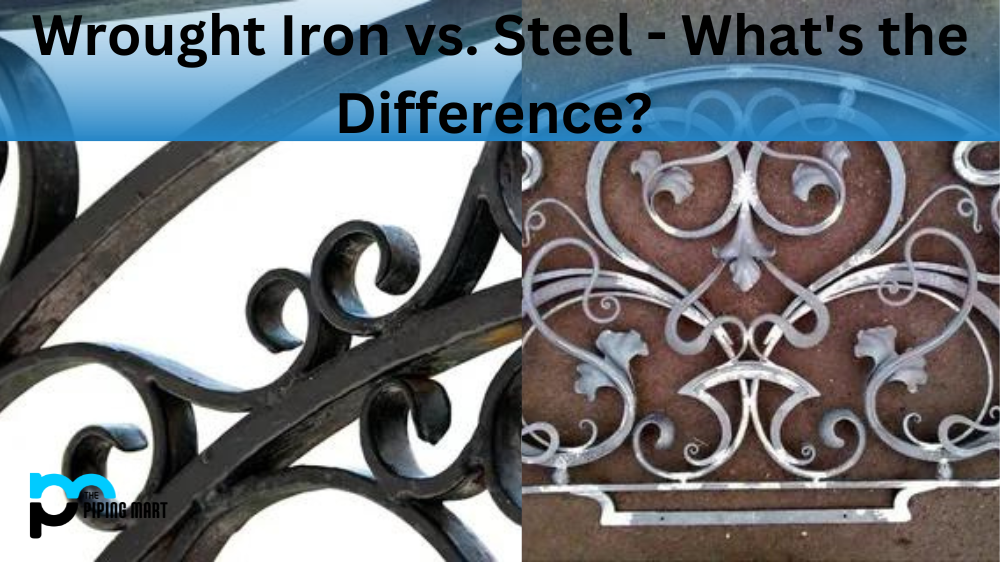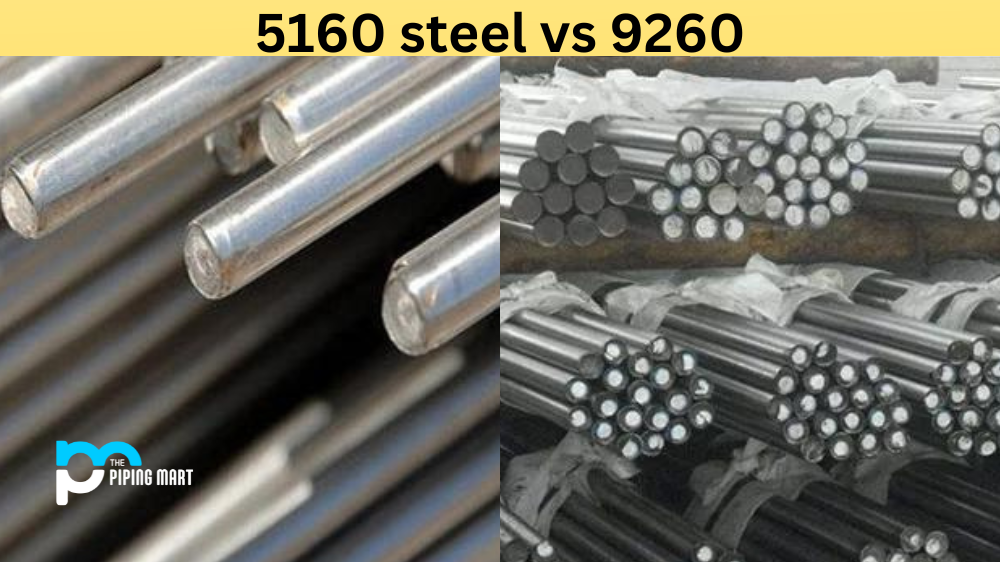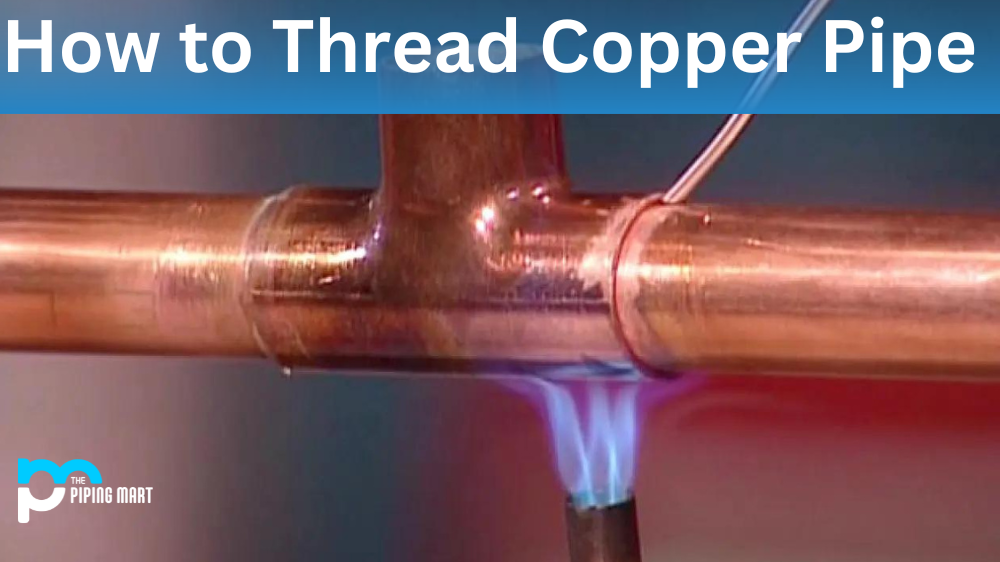If you’re looking for a sturdy, durable material for your next project, you may be debating between wrought iron and steel. While both materials have their advantages, it’s essential to understand their differences to make an informed decision about which one is best for your needs. Let’s take a look at what makes each option unique.
Strength and Durability
When it comes to strength and durability, steel takes the cake here. It is much stronger than wrought iron, making it more suitable for applications where heavy loads need to be supported or sustained. Steel is also resistant to corrosion and rusting in most environments, helping it last longer than wrought iron.
Wrought iron is still quite strong but not as strong as steel. It is also more prone to corrosion than steel and will require regular maintenance if used outdoors or in moist environments. This makes it better suited for decorative purposes where strength is not a significant factor, but aesthetics are important.
Costs and Availability
Steel tends to cost less than wrought iron due to its abundance in nature and relative ease of production compared with wrought iron. Steel can also be found in many stores, making it easily accessible for most projects. On the other hand, wrought iron can be challenging to find in certain areas and often requires special orders from suppliers or manufacturers—making it more costly overall due to shipping costs or additional fabrication fees.
Wrought Iron vs. Steel
- Wrought iron is made from iron that has been heated until it becomes malleable.
- Steel is made from iron that has been combined with carbon.
- Wrought iron is less likely to rust than steel.
- Steel is stronger than wrought iron.
- Wrought iron is more expensive than steel.
- Steel is more widely available than wrought iron.
- Wrought iron is more difficult to work with than steel.
- Steel is more versatile than wrought iron.
Conclusion
Ultimately, the choice between wrought iron and steel comes down to your specific project needs and budget. Both materials have their advantages depending on what you need them for, but if you’re looking for something solid and durable, steel would likely be the better option due to its increased strength over wrought iron. However, wrought iron may be a better choice if aesthetics are more important since it offers unique designs that can’t be achieved with steel. No matter which material you choose, both options will provide excellent results when used correctly!

Pipingmart is B2B portal specializes in industrial, metal and piping products. Also, share latest information and news related to products, materials and different types grades to help business dealing in this industry.




